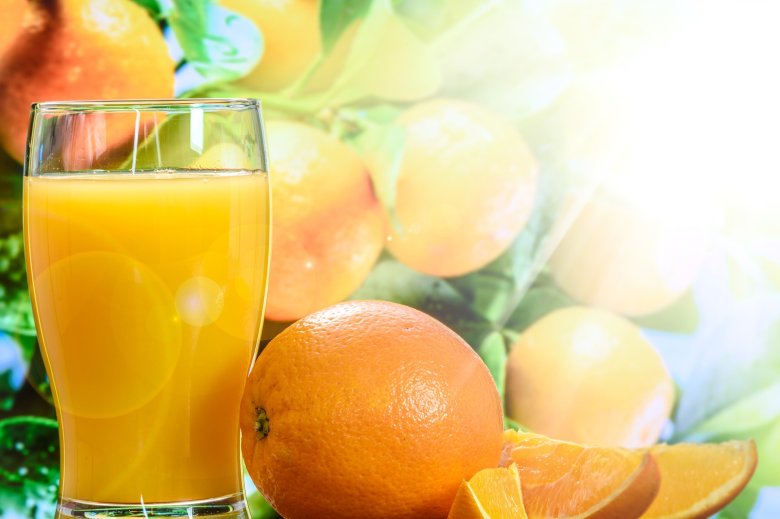- March 2, 2026

The first thing you think about when you hear the word "vitamin C" is immunity? Yes, it is she who protects us from a cold during cold autumn days and winter madness. So how does it affect our body and how can we take care of its proper amount to protect ourselves from cold?
Vitamin C, or ascorbic acid, is one of the basic and most important organic compounds in our body. It affects not only our immunity, but also the condition of the skin and lowering blood pressure and cholesterol. We should take care of the right amount of it practically all year round, but it is in autumn and winter that we feel the most deficiency.
To our surprise, ascorbic acid is not a good solution when we are ill. It has been proven that it has practically no properties that could accelerate the alleviation of cold symptoms. However, we should take vitamin C in order to prevent their formation, which is why it is so important to dose it prophylactically before we fall ill.
Above all, however, we should pay attention to our diet - is it rich in vitamin C? Most left-handed vitamin C, i.e. the one that occurs naturally, can be found in wild rose fruits, even up to 800 mg/100g. Blackcurrant and parsley, on the other hand, contain up to five times more of this chemical compound than lemon, which can only boast 50 mg per 100 g. So it's worth making cocktails of these products, for example, especially in winter, to prevent a cold.

The human body does not produce vitamin C, so everyone should take it with food or in the form of supplements. It has been estimated that the daily demand for ascorbic acid in adults ranges from 45 to 90 mg, regardless of the method of its dosage.
The whole spectrum of vitamin C supplements is available on the market. The most common - tablets - contain from 60 to even 1000 mg of ascorbic acid in one piece. Vitamin C can also be taken in liquid form - it does not burden the stomach and is very well absorbed. It usually contains only natural ingredients such as acerola or rosehip juice and is very practical because it can be added to e.g. tea.
It is very difficult to overdose vitamin C by taking it in food, because its excess body rinses away with urine. However, it may happen that we overdose its synthetic form, which may result in unpleasant ailments. This will happen if we supply more than 1 g of ascorbic acid per day in the long term, i.e. practically more than ten times the recommended dose. It was shown that people who systematically took the excess of this supplement were more susceptible to the formation of kidney stones. A single overdose of vitamin C is unlikely to be dangerous and does not cause serious consequences.
Vitamin C is undeniably one of the most famous cold panacea. It is worth dosing it regularly during the most difficult autumn-winter days for the body to prevent the development of the disease. During this period, let us not forget, therefore, not only about a suitable diet, but also about the additional support for immunity, in the form of synthetic vitamin C.